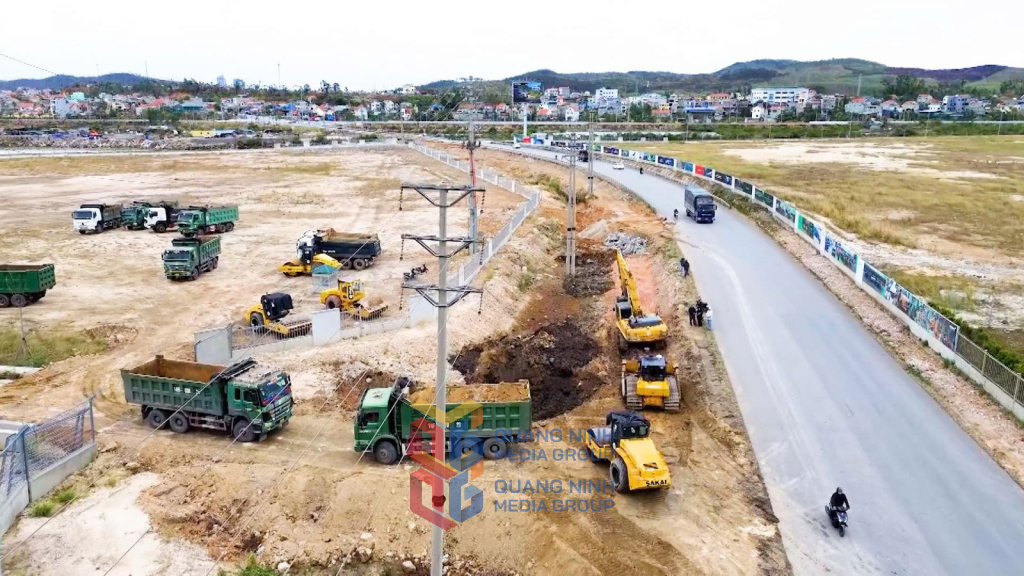In the context of the continuing heated US-China technology competition, as well as China's dominance of 5G technology creating many risks for Washington and its European allies, countries are researching and developing 6G technology in the direction of "reliability capable of protecting national security".
The joint statement was issued by the United States, Australia, Canada, the Czech Republic, Finland, France, Japan, South Korea, Sweden and the United Kingdom. The countries highlighted the need to create safe, resilient and privacy-protecting technologies that adhere to global standards.
Not only that, 6G technology needs to be ensured to be affordable, sustainable, and accessible worldwide, including in developing countries.

Sixth-generation wireless technology, or 6G, promises to revolutionize telecommunications with data speeds up to 50 times faster than 5G. Latency in sending and receiving information is expected to be reduced to one-tenth of what it was in the previous generation. And 6G is also expected to surpass 5G in terms of peak data speeds, number of connections, mobility, spectrum efficiency, and location capabilities.
Some experts believe that this next-generation technology could create groundbreaking innovations in the information and communications sector as every aspect, from setting standards to manufacturing equipment, is closely monitored.
It's still unclear when 6G will be available to the public, but most estimates point to around 2030.
The countries' joint statement stressed the goal of creating a secure, inclusive and sustainable 6G ecosystem, saying that "cooperation and unity are essential to address the significant challenges we face in the development of 6G technology."
Partners include countries that are home to telecom powerhouses like AT&T in the US, Nokia in Finland, Ericsson in Sweden and Samsung in South Korea. But notably, the list does not include China.
A Beijing-based analyst at market research firm IDC sees the move as an attempt to curb China's 6G development, but it may not be effective.
6G is still in the research phase worldwide, the expert said, adding that the trajectory of the new technology will depend on how commercial activities and technological principles develop.
The size of the markets where the technology is being developed is also a factor, said a researcher at a Chinese university. China has a unique advantage due to its large user base compared to countries with smaller populations, he said.
China has made remarkable progress in mobile communications, quietly taking the lead in the 5G era. The country leads the world in the number of base stations, connected devices, and patents owned, marking a huge leap from its position in the 3G era and bringing its development pace in line with global standards in the 4G era.
The latest move is unlikely to hinder China's progress in developing 6G mobile communications systems, the researcher said, noting that tech giants such as Huawei Technologies will have independent strategies for 6G.
(According to IDC, SCMP)

Source: https://vietnamnet.vn/my-xay-dung-cong-nghe-6g-an-toan-toan-dien-ben-vung-va-khong-trung-quoc-2310932.html


































Comment (0)